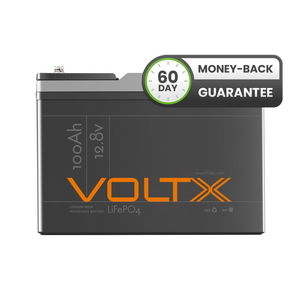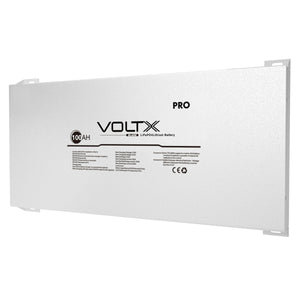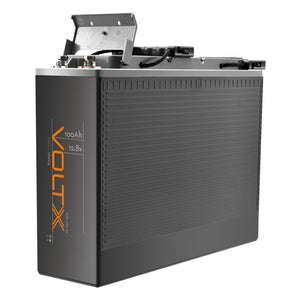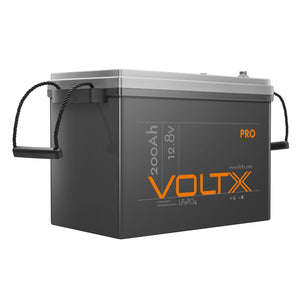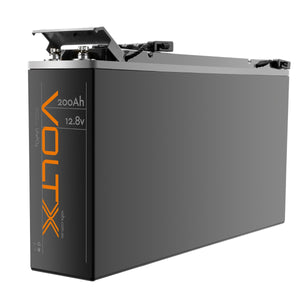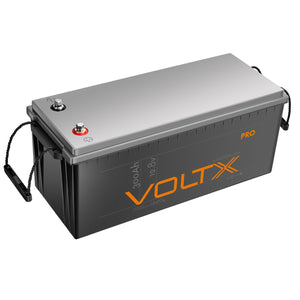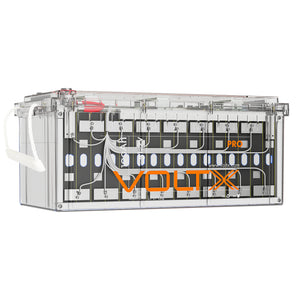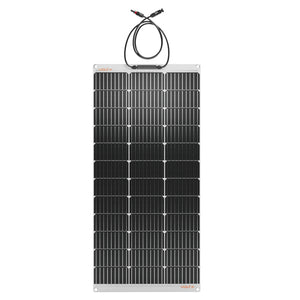Solar batteries and solar panels paired together are the dream combo of every off-grid camper and even some households, provided that they meet the factors necessary to get maximum efficiency from a solar power system. Having these two allows outdoor lovers to explore more instead of being stuck in campsites that provide access to a mains power. Aside from being able to avoid the crowd, it also lets you enjoy a more peaceful camping experience with all your appliances and electronic gadgets running smoothly throughout your entire stay.
In households, installing solar panels and batteries is an eco-friendly way to power up your home and reduce costs at the same time. Currently, more and more people are switching to solar because of its many benefits, such as the solar system incentives in different cities. At the same time, more stores are selling solar panel and battery packages as well, with some even offering exciting deals and promos for customers.
How Do Solar Panels Work With Batteries?
Let's go back to the basics first. Whether you have standard fixed solar panels, flexible solar panels, or solar mats, you need a solar charge controller if you're going to partner it with a solar panel battery. A solar regulator's job, as the name suggests, is to prevent overcharging and regulate the energy coming from your solar panels that will eventually be stored in your battery bank. After your solar panels have generated energy from the sun, your solar battery storage will convert the collected DC energy into AC energy and then store it for future use. This is especially relevant in the evening or during cloudy days when you can't fully rely on your panels alone. Additionally, your solar panels also charge your battery when you don't need the energy they're currently producing. This means that there will be times when you can completely be independent of the grid which in return saves you from consumption fees too.
Caravan battery setups or camping battery setups usually require 12V solar panels paired with 12V batteries. Larger camping areas like off-grid cabins or homes are likely to require a higher power output and higher capacity. Basically, it all boils down to what your system needs. WIll a 200W solar panel be enough or perhaps you need upgrade to a 300W solar panel? How big of a battery do you need? Aside from sizing, getting ready for solar panel and solar battery prices is a must too. These often lean on the expensive side. For instance, the Tesla Powerwall Series used for homes start at $11,000 and this doesn't even include installation fees yet! If money is an issue, you can look for affordable gear too. Here at Outbax, our range of LiFePO4 batteries, solar panels, and solar panel accessories are of top-notch quality yet retail for a competitive price to cater to campers on a budget.
How Many Batteries Do You Need For Your Solar Panels?
An average solar battery for home is around 10kWh. If you're wondering how many batteries are enough for your power needs, this will be largely dependent on how much your consumption is. Using your battery only when your panels are not producing energy would most likely require around 2 to 3 batteries. Using them as a battery backup only when the grid is down? You'll usually just need one solar power battery for this. Going totally off-grid is a different story though. Since you will be relying on solar energy alone and will need the highest possible capacity, so you might need 8-12 solar batteries on average to keep everything you need efficiently powered up. Of course, all of these are subject to change still if we include factors such as the capacity of each battery you have, weather conditions, and how much load you're planning to draw from it.
Do Solar Panels Work At Night and In the Rain?
Solar panels need energy from the sun to be able to operate so they do not work during nighttime. While they can generate a bit of energy from other light sources like street lights, the output will be too low to be utilised. Meanwhile, on cloudy or rainy days, solar panels usually work but their normal power output is likely to decrease by 10% to 25%. Here's a quick trivia: Rain is actually beneficial for your solar panels since it helps wash away dirt and debris build-up, increasing its capability to absorb sunlight for future use. Also, high temperatures don't necessarily mean your solar panels will be able to collect more energy. In fact, it dents your efficiency. Remember, the hotter the solar cells get, the more it lowers the voltage that your panel can generate.
More from Outbax
Outbax is a haven for anyone making the switch to solar energy. Be it the best 12v solar panels, solar panels for camping, and caravan solar panels, we offer all of them here! We specialise in affordable camping gear particularly portable power sources so aside from panels, we have a range of lithium deep-cycle batteries that are compatible with solar too. Setting up an entire solar system? Make it a bit easier and avail of our solar panel kits with included installation accessories! That's not all-we also have available inverter generators and power stations! You're never going to worry about powering your adventures with Outbax, so go ahead and check out our best-sellers including the famous VoltX slimline lithium battery!
